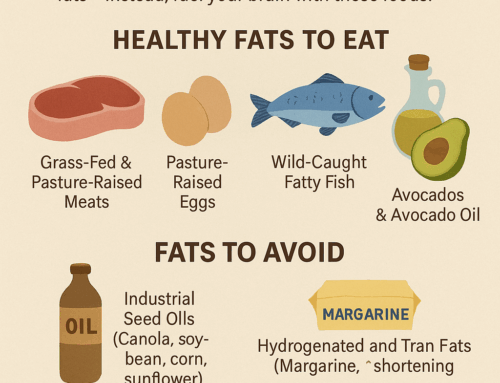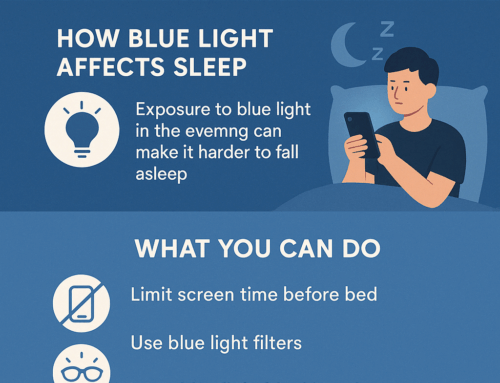It can be challenging to find solace when you’re grappling with depression and anxiety. It’s easy to become so absorbed in your struggles that the idea of helping others seems not just daunting but impossible. However, there’s a growing body of research and anecdotal evidence that suggests the act of helping others can significantly alleviate symptoms of depression and anxiety. Let’s explore how extending a hand to others might be the key to lifting your spirits.
The Science Behind Giving
- The Neuroscience of Kindness
When you help someone, your brain releases a cocktail of feel-good chemicals, including oxytocin, dopamine, and endorphins. Oxytocin, often called the “love hormone,” promotes connection and trust, while dopamine and endorphins are associated with pleasure and pain relief. This biochemical response can create a “helper’s high,” where you feel euphoric and delighted from your acts of kindness. To learn more, visit Psychology Today.
- The Power of Social Connections
Engaging in acts of kindness fosters social bonds, which are crucial for mental health. Human beings are inherently social creatures, and positive social interactions can counteract feelings of isolation and loneliness that often accompany depression and anxiety. Building and nurturing relationships through helping others can provide a robust support network and a sense of belonging. You can often find social connections through activities at churches and local charities. Visit our blog post to learn how spirituality can help with mental health.
Practical Ways Helping Others Can Improve Your Mental Health
- Shifting Your Focus
When you’re caught in the cycle of negative thoughts, focusing on the needs of others can provide a much-needed distraction. Volunteering or helping a friend can shift your focus away from your worries and anxieties, allowing you to see the world differently. This shift can foster a sense of purpose and accomplishment, which can be particularly beneficial when dealing with depression.
- Building Self-Esteem
Helping others can also boost your self-esteem and self-worth. When you contribute positively to someone else’s life, you’re reminded of your values and abilities. This can counteract the self-critical thoughts that often accompany depression and anxiety, helping you feel more competent and valued.
- Encouraging Mindfulness
Acts of kindness require you to be present and engaged in the moment. Mindfulness can reduce rumination, the repetitive, negative thinking that is common in anxiety and depression. By focusing on the present moment and the well-being of others, you can create a mental space where your worries are less dominant.
Getting Started: Simple Acts of Kindness
- Volunteer Your Time
Find a cause that resonates with you and offer your time. Whether helping at a local food bank, church, animal shelter, or community center, volunteering provides a structured way to contribute to something meaningful.
- Offer a Listening Ear
Sometimes, being there for a friend or loved one who needs to talk can be incredibly valuable. Your presence and support can make a big difference in their lives and reinforce your sense of connection and empathy.
- Perform Random Acts of Kindness
Small, spontaneous acts of kindness, such as paying for someone’s coffee or leaving a supportive note for a colleague, can brighten someone’s day and lift your mood. These small gestures can create a ripple effect of positivity.
Embracing the Journey
It’s important to remember that helping others isn’t a cure-all for depression and anxiety. It’s one of many tools that can be part of a comprehensive mental health approach, including therapy, medication, exercise, diet, and other strategies. It’s okay to seek professional help if needed; combining this with acts of kindness can create a holistic approach to healing.
In the end, while the primary motivation for helping others should be genuine concern and care, it’s reassuring to know that in doing so, you may also be nurturing your mental well-being. So, the next time you feel overwhelmed, consider reaching out to others. It might make a difference in their lives and bring a little light into your own.
Helping others can indeed be a powerful antidote to depression and anxiety. By shifting focus, building connections, and experiencing the joy of giving, you may find that your burdens become a little lighter. In this shared journey of compassion and support, we not only help others but also help ourselves.







Leave A Comment